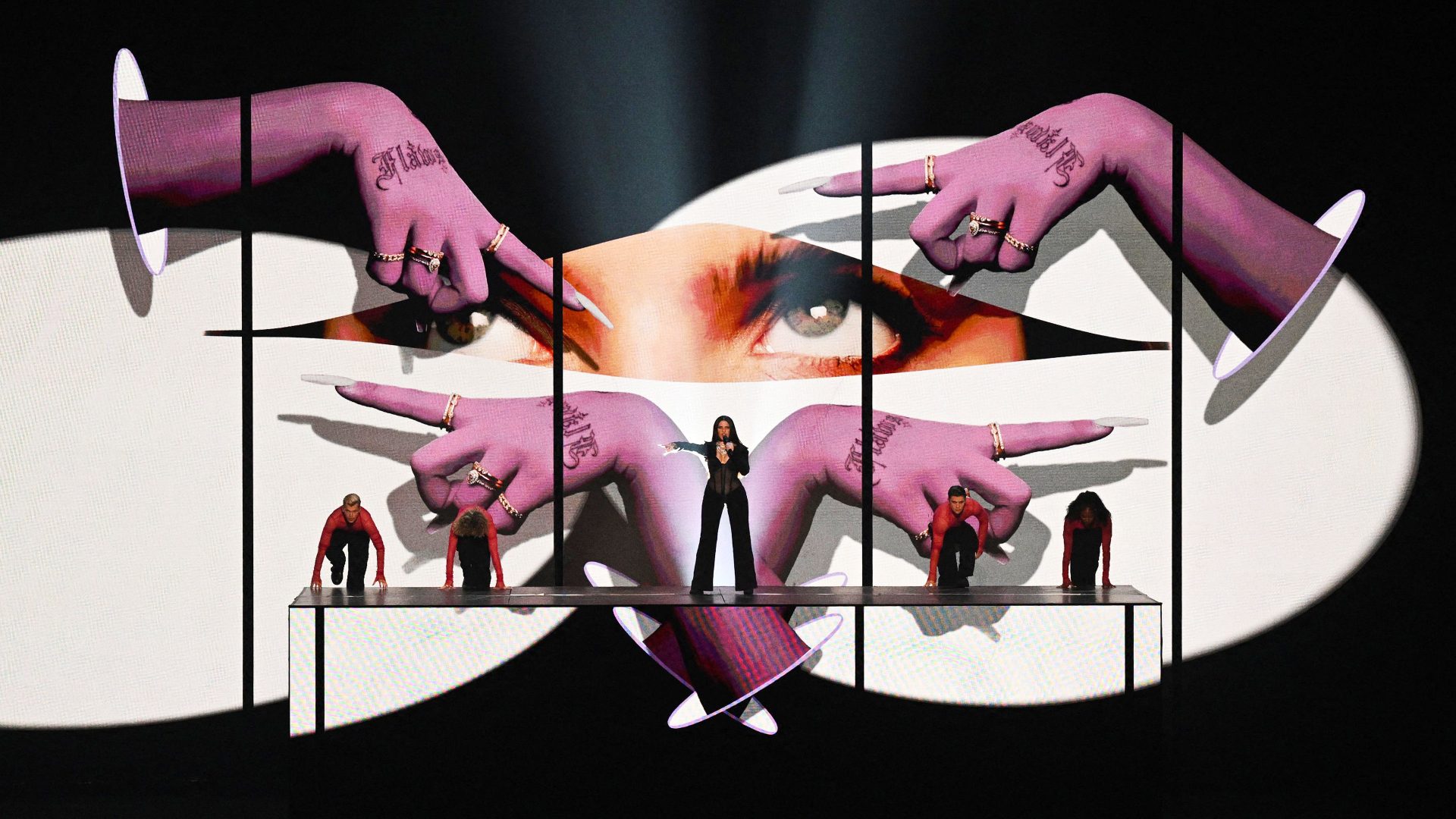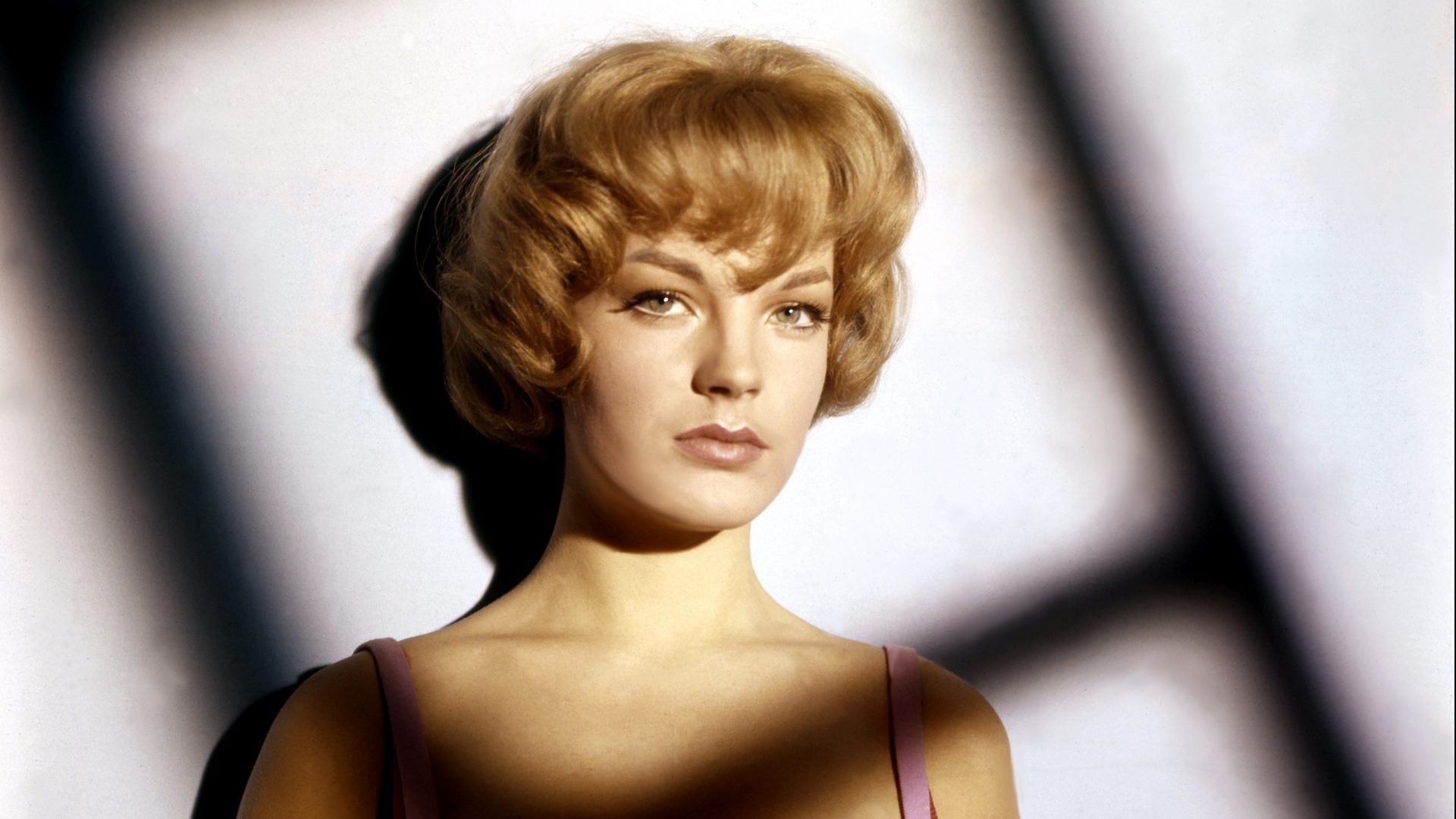Nigh on a quarter century ago, I went to interview a young actor called Cate Blanchett for the Independent magazine. She’d just starred in Shekhar Kapur’s film Elizabeth to rave reviews, and was tipped for great things – but first, she had some disagreeable stardom-initiation rites to go through, such as acting in a David Hare play in the West End.
I took a turn with her around the National Gallery by way of an interview – this was Blanchett’s idea – and found her every bit as thoughtful, intelligent and poised as you’d expect. Which was a bit hard for me to cope with, since by then already I’d long maintained that there was absolutely no point in interviewing actors, unless someone had already written a script for them.
This is for the obvious reason that actors impersonate others who have interesting ideas (or don’t), who speak eloquently (or don’t) – and by extension, they don’t necessarily have any intelligence or eloquence themselves. A good example of this is the rather dotty film by David Cronenberg, A Dangerous Method, about the vexed relationship between Freud and Jung, in which the former is played by Viggo Mortensen and the latter by Michael Fassbender. These consummate impersonators create a credible simulation of the founders of psychoanalysis as physical presences, but frankly, they should have had brain-doubles when it came to the dialogue, so obvious was it that they didn’t have a clue what they were talking about.
I digress. Having been charmed by Blanchett, it seemed churlish not to go to the Hare shirt (sorry! I mean “play”), which was on at what was then called the Albery Theatre, on St Martin’s Lane. Of the play, Plenty, I remember nothing at all, except that it was set in the postwar era, and exhibited the usual liberal pieties. Blanchett’s performance also eludes me – although I enjoyed going to see her backstage afterwards, an experience that carries with it a certain erotic frisson, the transition from the auditorium to the dressing room necessarily being a revelation of both artifice… and abandonment.
What I do recall are the mechanics of the production – by which I mean the staging (including the movement of scenery), the sound (which was amplified at times), and the lighting effects. All of these seemed quite miraculous: a son et lumière to rival any of the contemporary rock extravaganzas and ice follies. Pondering this afterwards, it occurred to me why: I hadn’t actually been to a staging at a West End theatre for about 15 years, and during that time there’d been considerable technical innovation in these heretofore relatively static environments.
Anyway, this is all by way of a preamble. The week before last I overheard several people, on separate occasions discussing the forthcoming Eurovision Song Contest, and what they would be doing on the night. I found this pretty bizarre. A bit like the theatre, I ceased paying much attention to pop music around the time Jesus Christ, superstar, stopped at Eboli. My memories of the contest are of Bucks Fizz in pastel-coloured pants-suits, badly bopping about on a set that looked as if it had been discarded by It’s a Knockout! while Terry Wogan commentated charmingly in a C&A suit that looked like it was cut from carpet underlay.
The Eurovision renaissance had passed me by – so it was that when I tuned in on the Saturday night and watched the live broadcast, I experienced the same sort of revelation I had at the Albery in 1999. The huge screen backing the stage, the amazingly long catwalk, the vast audience surging about it, the lights projecting out from behind the stage and strafing the audience from towers of scaffolding! The whole mise-en-scène pulsing simultaneously with power pop and photons! This was a spectacle far better than anything Leni Riefenstahl ever staged for the Nazis!
The newspapers next day were full of how well the presenters had done, and all the tearful tributes to brave Ukraine (and threats for Vladimir Putin) encoded in the weird gyrations of Y-front-sporting Croatians. But it’s that fabulous production that’s stayed with me – like the migraine aura of our nauseating era. Because let’s face it, Europhiles or not, we have to acknowledge that there’s a democratic deficit of such depth in the EU’s institutions that it’s hard to, um, suspend disbelief in it. Whereas Eurovision, with its carefully-weighted jury and popular votes looks plausibly like an alternative governmental structure for our fissiparous yet self-loving continent.
As the show concluded, I half-expected a flypast by a squadron of the F-16 fighters Zelenskiy has been pleading western governments for – aircraft with loudspeakers like the helicopters in Apocalypse Now, but in this case blasting out not Wagner’s Ride of the Valkyrie, but Eurovision winner Loreen’s massively meaningless Tattoo: “No, I don’t care about the pain / I’ll walk through fire and through rain / Just to get closer to you /You’re stuck on me like a tattoo…”



